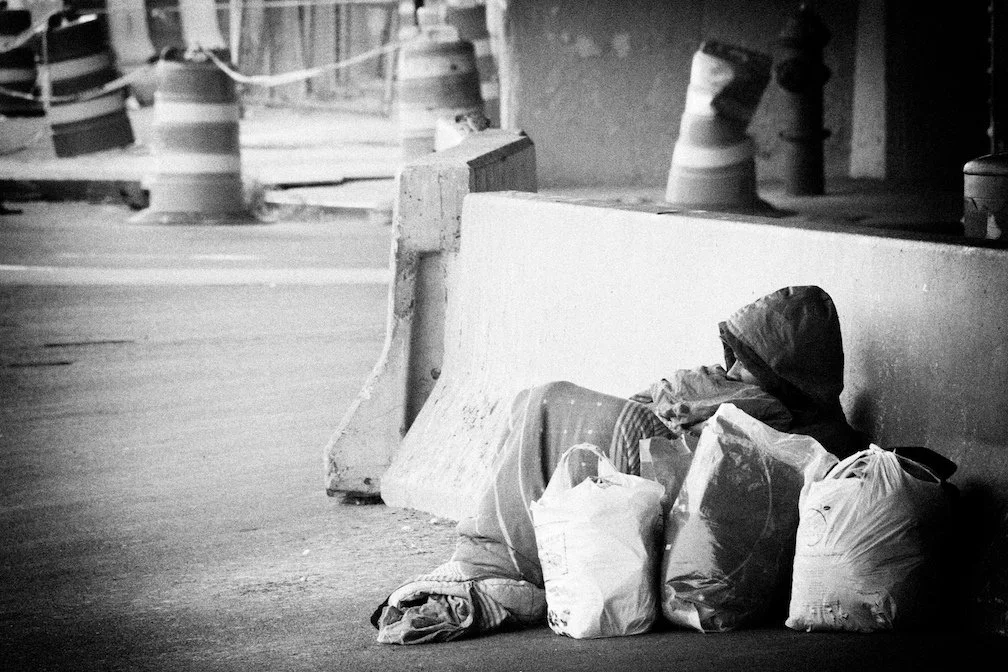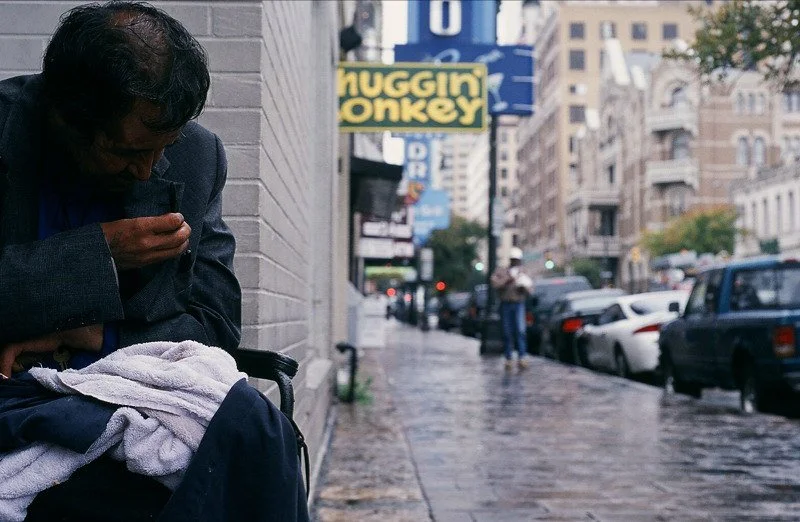In an open letter to Gov. Newsom and SF's mayor and city supervisors, 165-year-old luxury retailer Gump's criticizes “failed public policies” that encourage public drug use, sidewalk encampments, and behaviors like harassment and property damage. The Globe reports on Gump's' plea for sensible, well-enforced anti-crime ordinances.
Read MoreWhen repatriation activists took offense to Dr. Elizabeth Weiss' tweet in 2021, the San Jose State professor was punished and publicly lambasted by her university. Here, Weiss analyzes SJSU president Teniente-Matson's troubling plan to shift objectives towards “inclusion” and combating “discrimination”—i.e., unwanted free thought. From the Martin Center.
Read MorePol leaders push generalized environmental mandates (see the Bay Area's ban on natural gas water heaters), but many ignore how rich liberal white enclaves are polluting specific minority communities—and have been for decades. AfroLA's analysis below of SoCal and how local freeway infrastructure, which disproportionately hurts non-white residents, needs to level up.
Read MoreSupervisor Ellenberg and other decarceration advocates might want to spend some time with Rafael A. Mangual's 2022 book Criminal (In)Justice, as it offers acute critiques of the jailbreak policies floated by some fringe local politicos. A collection of comments on Mangual's book, below.
Read MoreThe Manhattan Institute's Judge Glock takes on the central claim of Housing First for the WSJ, explaining that government-sponsored permanent housing—often without sobriety or behavioral standards—can't solve homelessness. In fact, this plan of action only amplifies homeless numbers and attracts out-of-area folks who have drug addictions, as observed in SF.
Read MoreCalifornia public transit expert Tom Rubin tackles, point by point, why planned BART extensions to DTSJ and Eastridge may be technically possible but won't deliver on key promises. An Opp Now exclusive.
Read MoreBelow is an excerpt from a letter sent by Rocky Hill, Premier Recycle's CEO, to SJ's City Council. The letter addresses what he sees as a pattern of bullying and intimidation toward his company as a result of councilmembers Ortiz, Torres, and Candelas unethically—and perhaps illegally—using City logo, letterhead, and resources to coerce him to accept a union contract. Hill's comments are aligned with LA's City Attorney, who recently requested that LA councilmembers back off overt unionization advocacy while in their official capacity as CMs.
Read MoreUC Berkeley College Republicans' Utkarsh Jain tells Campus Reform that despite SCOTUS' victory for race-neutral admissions, local colleges will continue using sly workarounds, like requiring job applicants to submit diversity statements (which significantly reduces Asian/white hires).
Read MoreBoard director Debora Allen advocates for smart fiscal management at the Bay's bankrupt transit agency. Here, Allen outlines how to raise revenue via creating repeat customers. Really, if issues of reliability, affordability, and safety (flashing back to Opp Now co-founder Escher's jarring BART rumpus) persist, is it surprising that we aren't even reaching half of pre-Covid ridership?
Read MoreMaryAnn Martinez at the New York Post writes that despite the Texas capital's ban on public park encampments, Austin is overrun with illegal homeless set-ups from individuals who pose safety risks to others. Why? The city's “Woke” police force is understaffed and, like San Jose's, stretched thin on non-violent crime responses.
Read MoreIf San Jose truly wants to dent our historically high office vacancies, we should reevaluate land use requirements to make changeovers cost- and time-effective. Business Insider contributor Emil Skandul's suggestions to streamline office-to-housing conversions, below.
Read MoreFollowing a pivotal SCOTUS ruling that put an end to race-selective school admissions, a Harvard and Brown University study identifies how to organically increase socioeconomic diversity at colleges: eliminate legacy and donor admissions, which currently constitute 13.8% of Stanford and 13.1% of SCU students.
Read More











